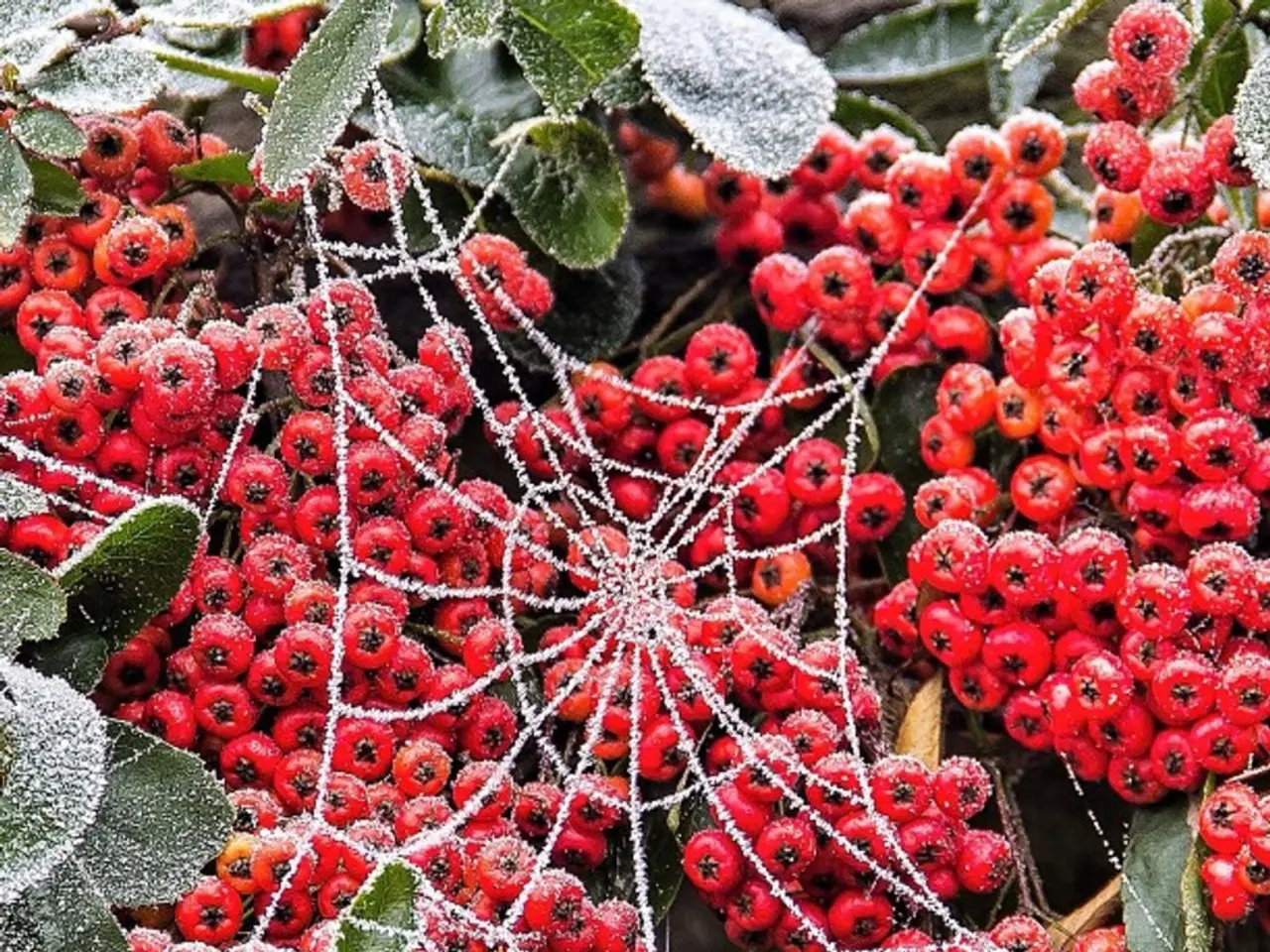Guide for Gardeners: Acquiring Free Seeds and Plants Without Spending a Dime
Expand Your Garden on a Budget: A Guide to Free Seeds and Plants
Starting a garden can be an exciting venture, but the costs of seeds and plants can add up quickly. However, there are numerous ways to obtain free gardening materials, making it possible to grow a thriving garden without breaking the bank.
1. Library Seed Exchanges and Seed Libraries
Many public libraries offer free seed exchange programs. These programs allow you to "borrow" seeds at the start of the growing season, grow plants, save seeds, and return a portion for future sharing. These programs are usually free, serve the whole community, and often include vegetable, herb, and flower seeds acclimated to your local climate. Some examples include the Southborough Library Seed Exchange, St. Mary's County S.E.E.D.S. Library, Hunterdon Seed & Propagation Library, Mass Aggie Seed Library, and others.
2. Online Gardening Groups and Seed Exchange Networks
Joining online gardening forums, Facebook groups, and seed swap platforms can connect you with gardeners exchanging seeds and plants for free. These groups often share tips on seed saving, rare seeds, and local meetups or mailing swaps.
3. Free Seeds from Companies
Some seed companies or gardening organizations offer free seeds, especially for promotional purposes or educational programs. Keep an eye on their websites and sign up for newsletters announcing free seed giveaways.
4. Ask Friends, Family, and Neighbors
Often, the simplest way to get free plants and seeds is to ask around your social network. Gardeners commonly have extra seeds or cuttings they can share.
5. Seed Libraries and Botanical Gardens
Besides libraries, some botanical gardens also run seed programs where community members can get seeds and sometimes plant starts for free. Participating in these programs also gives access to growing advice and community workshops.
6. Save Seeds from Food Scraps and Plants
You can collect seeds yourself from fruits, vegetables, and herbs you grow or buy (such as tomato seeds or pepper seeds). Saving seeds from your garden to replant the next season helps build your seed stock over time.
In addition to these strategies, checking with local libraries, nurseries, and online gardening groups can help find seed swaps and exchanges. Joining gardening groups and forums on platforms like Facebook can provide opportunities for free seeds and plants. Using multiple methods to get free plants and seeds can drastically reduce expenses when starting a garden.
Some vegetables, such as tomatoes and peppers, can be saved for seeds, depending on the type. Lettuce, celery, potatoes, onions, and ginger can be propagated from food scraps to start new plants.
For those looking to connect with local gardening clubs, the American Horticultural Society can help. These clubs often host seed swaps and exchanges and provide opportunities to connect with other gardeners. The American Horticultural Society and the American Public Gardens Association can also help find botanical gardens near you, which may have seed libraries.
It's worth noting that grocery stores often sell hybrid vegetables and fruits that may not grow true to type or produce viable seeds. Seed swap directories such as Seed Savers Exchange and Sustainable Food Places can help locate local events.
Kat Brancato, with over ten years of writing experience, enjoys helping others learn how to slow down and simplify their lives. With these tips, you too can embark on a rewarding gardening journey while keeping costs low. Happy planting!
Read also:
- Long-Term Prescription Drug Impact on Brain Function
- Benefits, sources, and supplements for Vitamin D and its role in addressing osteoporosis
- Diabetes Management during Pregnancy: Keeping Tabs on Blood Sugar Levels and Lifestyle Adjustments
- Life Expectancy with Interstitial Cystitis: Exploration of Research, Treatment Methods, and Additional Information




